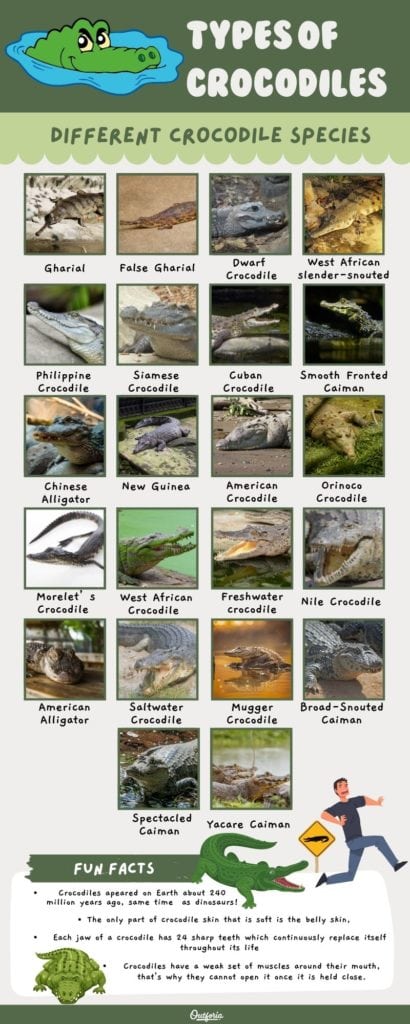What are Forbs?
Just a short one😍
A forb is an herbaceous flowering plant that lacks a woody stem. Unlike grasses, sedges, or rushes (which are graminoids), forbs have broad leaves and soft, green stems. These plants play essential roles in various ecosystems. Here are some key points about forbs:
Characteristics of Forbs:
Herbaceous: Forbs are non-woody plants, meaning their stems remain green and flexible.Broad Leaves: Unlike grasses, which have narrow leaves, forbs exhibit a variety of leaf shapes and sizes.
Flowering: Forbs produce flowers, contributing to their ecological importance.
Examples of Forbs:
Sunflowers: These iconic yellow flowers belong to the forb category.
Clovers: Common clover species are also forbs.
Melons: Watermelon, cantaloupe, and other melon plants fall into this group.
Clovers: Common clover species are also forbs.
Melons: Watermelon, cantaloupe, and other melon plants fall into this group.
Ecological Significance:
Biodiversity: Forbs contribute to plant diversity in grasslands, forests, and other habitats.
Wildlife Habitat: Many animals rely on forbs for food, shelter, and nesting sites.
Pollinators: Forbs attract pollinators like bees, butterflies, and hummingbirds.
Remember, forbs are essential components of natural ecosystems, supporting both wildlife and overall ecosystem health! 🌿🌸🌎
Wildlife Habitat: Many animals rely on forbs for food, shelter, and nesting sites.
Pollinators: Forbs attract pollinators like bees, butterflies, and hummingbirds.
Remember, forbs are essential components of natural ecosystems, supporting both wildlife and overall ecosystem health! 🌿🌸🌎








No comments:
Post a Comment